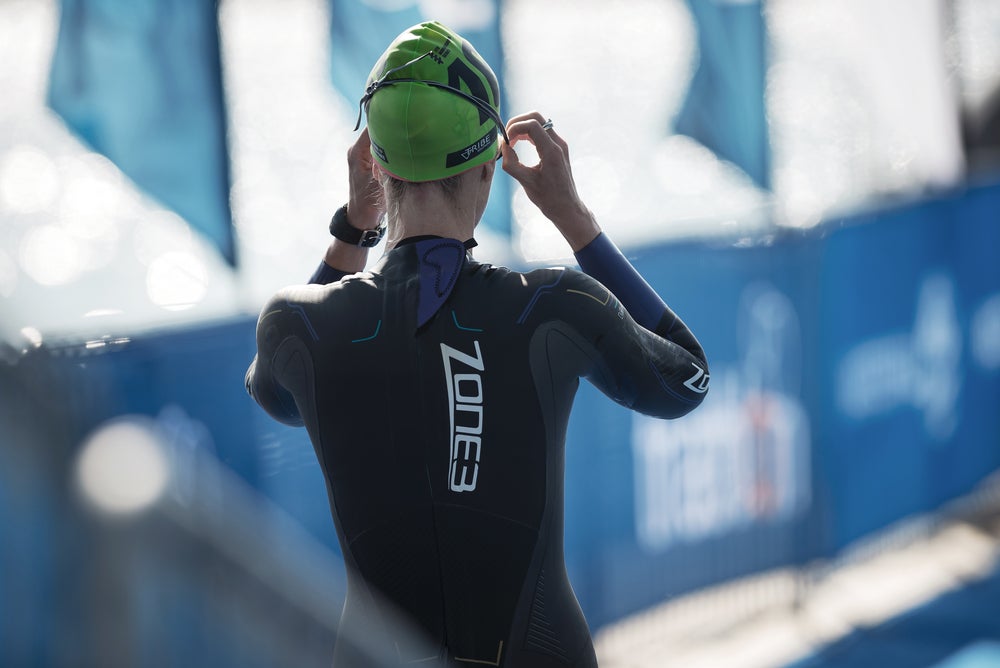The Danger of Letting Triathlon Become a Huge Part of Your Identity

Photo: Shutterstock.com
At 33, Rick Crump was single and living la vida triathlete: hammering Saturday rides with a group of guys, going to Kona. They loved to work out; they loved to compete.
—as the three ‘R’-named athletes called themselves—were age-group aces. Yes, middle school PE teaching paid the bills, but in Crump’s (very efficient) heart, he was a triathlete.
“I was top dog and 36 when the triplets were born,” Crump says of the big life change. “I became an instant 24/7 dad. It was a rude awakening. I had no time and no desire to train. My bike hung in the garage with the shoes still clipped into the pedals for two years.”
Crump now admits that stepping away from the sport cold turkey triggered an identity crisis. At 52, he became depressed and gained 20 pounds. “I loved being a dad and a PE teacher, but I couldn’t think of myself as a competitive athlete those first two years, and neither did other people.”
According to Cindra Kamphoff, a sport psychology consultant who has worked with many elite athletes, “Identifying strongly as an athlete and wanting others to see you as an athlete can provide the motivation and discipline to train at a high level. But if you see yourself only as an athlete, that can be unhealthy.”
Whether you’re a pro or an age-group boss, at some point you may have to pull back from the sport because, as Crump experienced, “life gets in the way.” Kamphoff offers five strategies for dealing with an athlete identity crisis.
1. “While you’re still competing, take a balanced approach,” Kamphoff says. “Develop other hobbies and interests. You can still see yourself as a triathlete, but nurture another side of yourself.” Crump’s friends, his spare time, his whole identity was all triathlon, all the time.
2. “When you have to step away—for work, family, health, whatever reason—reconnect with things you’re passionate about,” Kamphoff says.
Crump was an involved and committed dad, but his passions were still for sports and working out. He eventually found Strava. “If you’re training alone, even if you’re going really slow, it gives you kudos,” he says of the online leaderboard. “That’s motivation. You get feedback, you can even be competitive, and that felt good.”
3. “Set another goal. Go back and get a degree, write a book. Use that focus and discipline you used to direct at training on another goal. Stay busy,” Kamphoff says.
Crump rocked this. When the babies were 3 years old, he became the race director of the Redondo Beach Triathlon. “It kept me involved in the sport,” he says. He’s also a swim coach and the manager for his kids’ soccer team.
4. “Acknowledge difficult feelings; don’t push them away. Talk to somebody,” Kamphoff says.
While they couldn’t get together for Saturday long rides, the Triple R Express maintained email contact over the years and have even staged reunion rides.
5. “Difficulties happen for us, not to us,” Kamphoff says. “Acknowledging that it will be hard, realize that taking a break from sport—whether it’s temporary, permanent or just a matter of degree—is an opportunity to learn, grow as a person, get stronger and help others who may be going through the same thing.”
Crump still thinks of himself as an athlete—and still gets on the podium—but adding dad, husband, swim coach, teacher, and race director